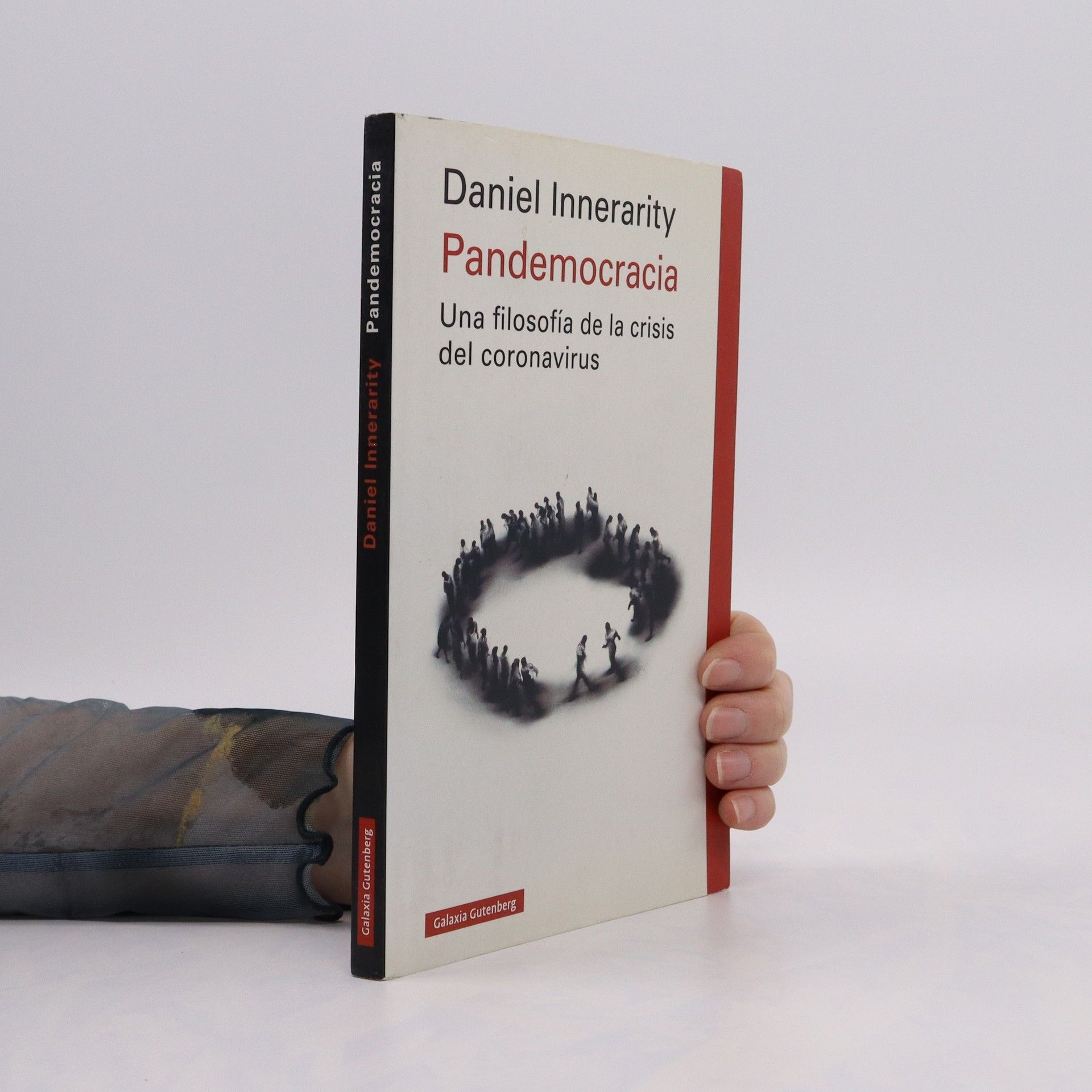Pandemocracia
Una filosofia de la crisis del coronavirus
Según su etimología, una pandemia es una enfermedad infecciosa que afecta a todos, mientras que una epidemia tendría un área geográficamente limitada. Podríamos decir que nuestros instrumentos de gobierno están diseñados para gestionar epidemias y no pandemias, en tanto que son instituciones locales y no globales. De ahí la primera sensación de impotencia frente a un fenómeno que exige una mayor integración política de la humanidad, en la línea de fortalecer las instituciones transnacionales o la gobernanza global y, en general, una transición hacia formas de inteligencia cooperativa, claramente insuficientes en el mundo en el que vivimos. La definición de democracia apunta a que todos los afectados por una decisión deben poder participar en ella, a que debe coincidir la comunidad de los afectados con la de quienes deciden. En este sentido, la crisis del coronavirus sería un acontecimiento pandemocrático, como todos los riesgos globales. Se da la paradoja de que un riesgo que nos iguala a todos revela al mismo tiempo lo desiguales que somos, provoca otras desigualdades y pone a prueba nuestras democracias. De todo ello se habla en este libro, una reflexión filosófica de urgencia realizada en un momento excepcional de nuestra historia.

